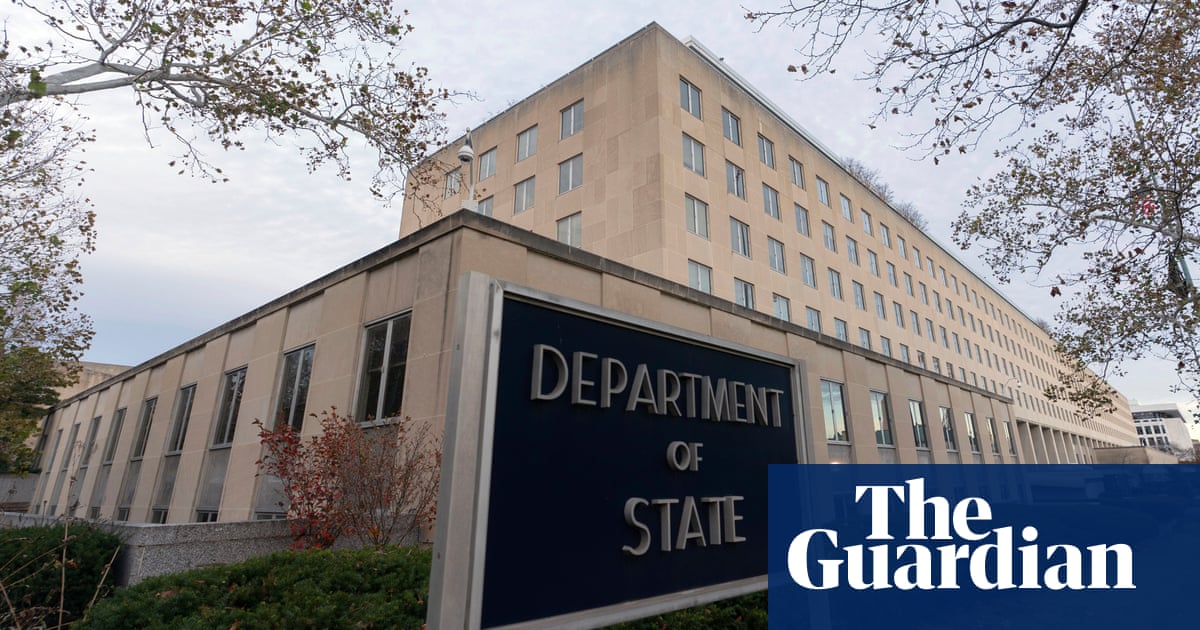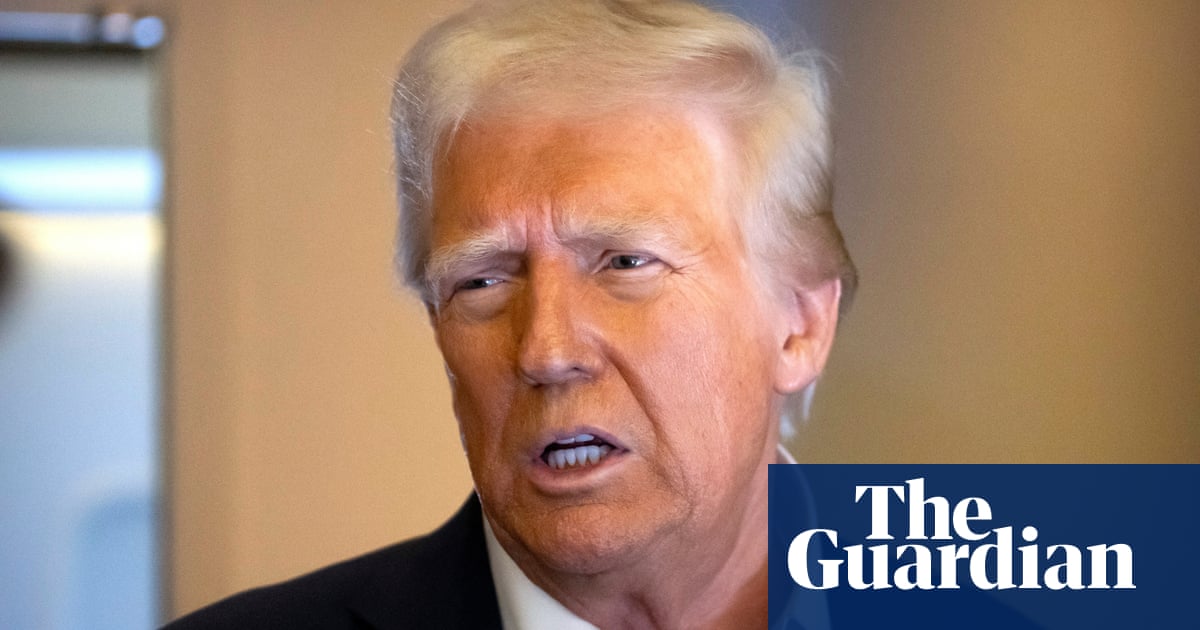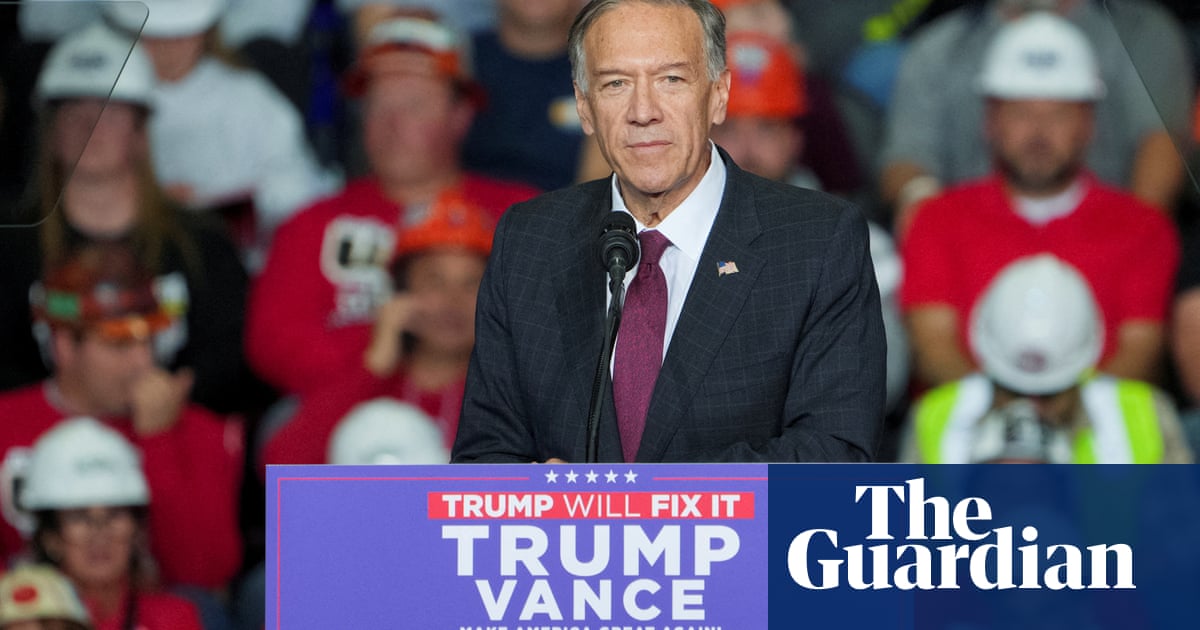Within his first few days in office, Donald Trump reversed four years of work to increase diversity, equity and inclusion (DEI) efforts in the federal government.
Since taking office, he’s signed a flurry of executive orders, two of which amount to crackdowns on DEI within the federal government. One overturns Joe Biden’s efforts to increase DEI programs in the federal government, while a second bans DEI measures from being taken by the federal government.
This isn’t Trump’s first time attacking DEI as president, but advocates are worried about the impact the orders will have not only on the federal government, but the entire American workforce. Here’s what we know so far about Trump’s orders.
Two anti-DEI executive orders
The first executive order largely scraps the DEI efforts that took place under Joe Biden, who had ordered all federal agencies to come up with equity plans. It terminates all “mandates, policies, programs, preferences and activities in the federal government” that the Trump administration considers “illegal DEI and ‘diversity, equity, inclusion and accessibility’ (DEIA) programs”.
A second executive order broadly ends any DEI activities within the federal government. This order overturns a handful of executive orders from past presidents, including one from Lyndon B Johnson that was signed during the civil rights era and required federal contractors to adopt equal opportunity measures.
What happens now?
Because the language in the executive orders is so broad, exactly what will happen under them remains unclear. But it generally gives the Trump administration broad power to do away with anything it considers DEI within the federal government.
The White House made it clear to federal employees just how serious its DEI crackdown will be. Federal employees are now required to report any colleagues they believe are furthering DEI efforts “in disguise”. Employees received emails warning of “adverse consequences” if they fail to report any colleagues who are still carrying out DEI measures.
Are the executive orders legal?
As head of the executive branch, Trump has a lot of leeway over the federal government, and he has been exercising that power in the days since he’s re-entered the White House. Still, this doesn’t mean the DEI executive orders won’t be challenged in court.
Trump and his advisers, including the billionaire Elon Musk, have been complaining about what they consider to be “government waste”. In addition to his attacks on anti-discrimination efforts, Trump declared that federal agencies should order their employees back to the office full time. He is also trying to reclassify some federal employees who are considered career civil servants, and thus are protected from firing when a new presidential administration comes in, as at-will employees whom his administration can then terminate.
The executive order has already amassed criticism for the adverse, long-term impact it could have on the federal workforce.
“The federal government hires and promotes exclusively on the basis of merit. The results are clear: a diverse federal workforce that looks like the nation it serves, with the lowest gender and racial pay gaps in the country. We should be proud of that,” Everett Kelley, the national president of the American Federation of Government Employees (AFGE), a union representing 800,000 federal employees, said in a statement.
“Ultimately, these attacks on DEIA are just a smokescreen for firing civil servants, undermining the apolitical civil service and turning the federal government into an army of yes-men loyal only to the president, not the Constitution.”
The years-long conservative fight against DEI
DEI has been under attack from conservatives as part of the larger “culture wars” that began after 2020 as resistance to the Black Lives Matter protests that erupted after the murder of George Floyd.
Conservatives argue that DEI encourages preferences to marginalized groups, which amounts to “reverse discrimination” against white Americans, particularly white men.
But DEI is a broad term that encompasses many policies used within the workplace that were created to prevent discrimination of women, people of color and other historically marginalized groups – policies that ensure people are being considered for jobs and promotions on equal grounds and that create inclusive workplace environments.
After the supreme court overturned affirmative action in higher education in 2023, conservatives unleashed a legal crusade against DEI in the workplace. Though the court’s affirmative action decision doesn’t mention DEI, conservatives have filed dozens of lawsuits over the last few years attacking hiring practices, training and affinity groups, among other practices. America First Legal, the conservative non-profit group of Stephen Miller, a key policy adviser to Trump, has filed multiple lawsuits against companies for their purported DEI efforts.
Both executive orders frame DEI as a type of “immoral discrimination” that amounts to “an unlawful, corrosive and pernicious identity-based spoils system”.
after newsletter promotion
Amalea Smirniotopoulos, senior policy counsel at the NAACP’s Legal Defense Fund, said that the orders reframe DEI as “somehow immoral and in violation of civil rights laws”.
“It’s just not an accurate representation,” Smirniotopoulos said. “Fundamentally, DEI programs are about identifying barriers to opportunity that prevent talented and qualified people from contributing to the workforce, to entering higher education institutions and accessing programs. …
“The Trump administration is trying to reframe both what these programs are and what our civil rights laws means, to really take away the tools that we need to ensure that everyone in this country can actually achieve the American dream.”
Will the executive order affect private companies that still have DEI?
No, but Trump asked the US attorney general’s office to look into ways that it can get to the private sector.
One of the executive orders directs the attorney general’s office to give the administration “recommendations for enforcing Federal civil-rights laws and taking other appropriate measures to encourage the private sector to end illegal discrimination and preferences, including DEI”.
David Glasgow, executive director of the Meltzer Center for Diversity, Inclusion and Belonging at New York University School of Law, said it wouldn’t be surprising if the White House tried to target DEI in the private sector.
“I don’t think the orders released are the full universe of orders that will be issued by this administration,” Glasgow said. “There may be more to come”.
At the end of his first term, Trump tried to ban DEI training within private companies through an executive order. Though the order targeted companies that do contract work for the federal government, a federal judge still temporarily blocked the order on first amendment grounds.
While the supreme court’s ruling on affirmative action has raised questions about specific DEI measures that give explicit preference to a group of people, like quotas, there are still no laws that make DEI policies in private companies illegal.
Still, Trump’s strong anti-DEI stance has led to what advocates consider a “chilling effect”. Companies have started to pre-emptively drop their DEI policies, including many made in the aftermath of George Floyd’s murder, in fear of retaliation.
Since Trump’s election, multiple companies, including Walmart, McDonald’s and Meta, all said they were ending at least some of their DEI policies. In a statement about the shift, Meta said that the “legal and policy landscape surrounding diversity, equity and inclusion efforts in the United States is changing”.
But some companies are doubling down. A conservative shareholder group recently tried to get Costco to re-evaluate its DEI policies, essentially pressuring the company to drop them, but the company pushed back.
In a statement, Costco’s board chair Tony James said: “We have always been purposefully non-political and a welcoming workforce has been integral to the company’s culture and values since its founding”.

 German (DE)
German (DE)  English (US)
English (US)  Spanish (ES)
Spanish (ES)  French (FR)
French (FR)  Hindi (IN)
Hindi (IN)  Italian (IT)
Italian (IT)  Russian (RU)
Russian (RU)  1 day ago
1 day ago
























Comments